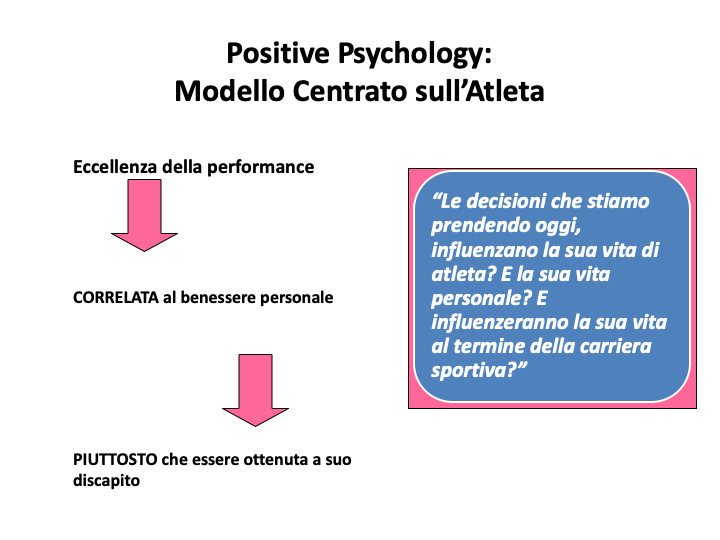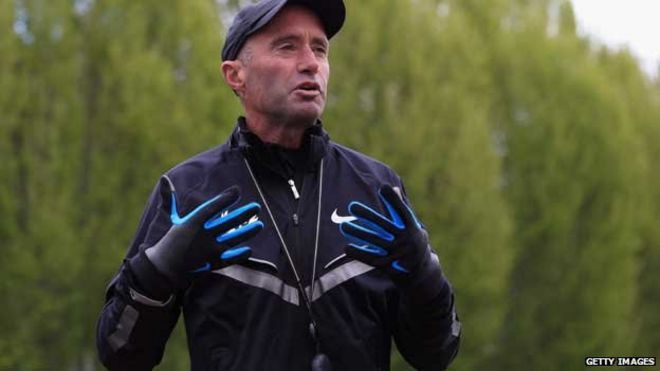Six gold medals won at the London Olympics n2l 2012 cleared in athletics to Russia. It had won 82 medals with 24 golds, while it dropped to 68 today, with 19 golds, 21 silvers and 28 bronzes, according to the IOC website. It was just a few days ago that Nataliya Antyukh, who was also found positive, was excluded from gold, years later thanks to the use of new technologies. Of course, athletes from other nations have also been found out, but lawyer Richard McLaren’s report in 2016 described what happened in Russia as a “sophisticated state-sponsored doping system.”
Unfortunately, the history of sports has constantly been shot through with the problem of doping, often promoted and organized by a state. The earliest known example of this approach was that carried out by East Germany beginning in the 1970s, which I quote taking it from my book devoted to cheating in the financial and sports worlds.
“Further confirmation of the relevance of this sociological level is provided in sports by what has been called “state doping.” What happened in the German Democratic Republic from the 1970s onwards represents a typical form of implementation of a fraud, with social-political significance, decided on from the top of the state and pursued in a rational and mass manner on all high-level sportsmen and young people who showed good ability to succeed. In the following years this choice was rewarded with excellent sports results. In this case, doping substances used by athletes, as well as false accounting, cannot be defined in terms of negative deviance, which involves the rejection of the norms of the sporting and economic worlds. It is a deviance that does not reject but totally and conformistically adheres to the key values of success, victory, gain, social status and popularity. The deception was pursued in a scientific manner, as in East Germany in 1974 politicians were faced with a dilemma that they had to quickly solve: to win, androgenic hormones had to be used, but at the same time, like most other nations, German Democratic Germany also officially denied the use of these practices, claiming instead that it wanted to fight them. Therefore, a general, centrally organized strategy was devised to ensure the efficient development of hormone doping and systems to conceal it. Given its political importance, the decision was made by the Central Committee of the Socialist Party, and the final decision, classified as Top Secret, was approved on October 23, 1974 by the High-Performance Sports Commission (Franke and Berenonk, 1997). This 1974 document argued that the administration to males and females of doping substances, and in particular the administration of androgenic steroids, should be:
- an integral part of the training process and preparation for major international competitions;
- centrally organized, including regular evaluations of the results obtained and experiences made by sports physicians;
- further developed and optimized by the research carried out on doping in high-performance sports, with special emphasis on the development of new substances and the best methods of administration;
- taught to sports physicians and coaches through special courses and documents;
- carried out in total secrecy and classified as an official state secret (Franke and Berenonk, 1997).”








